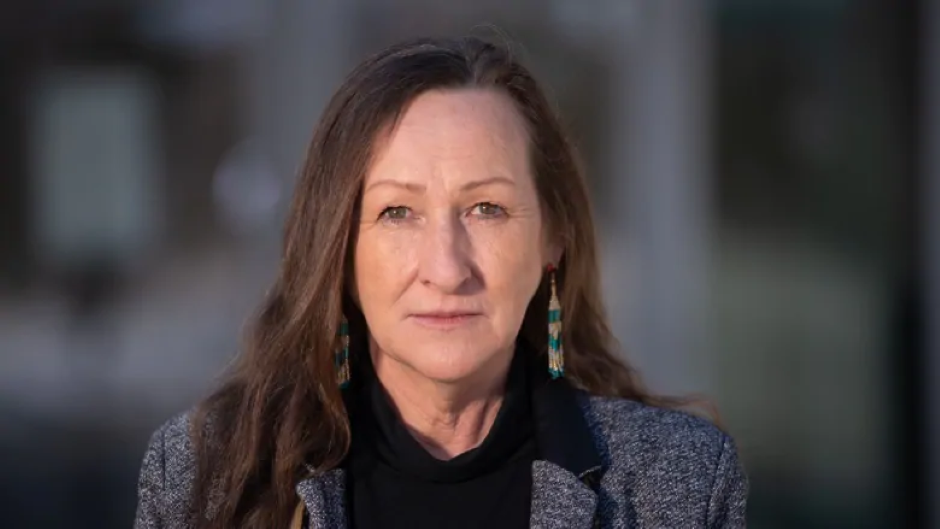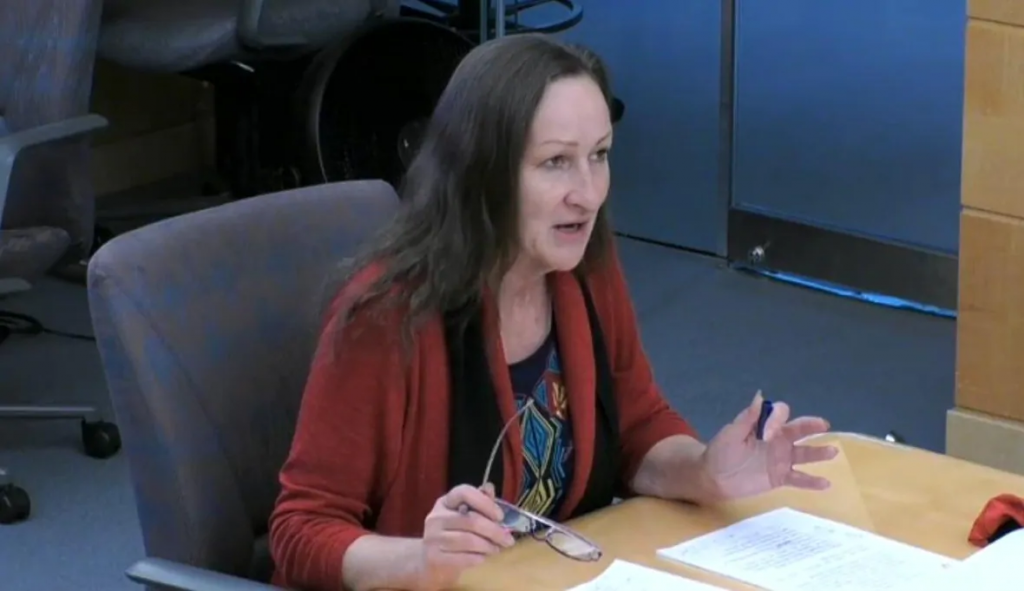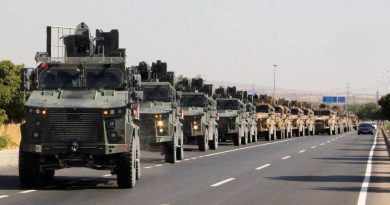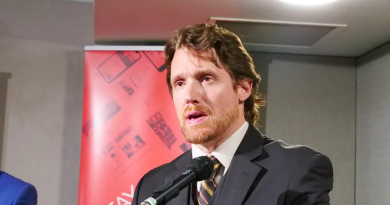Canada’s Northwest Territories announce new $67M body to manage COVID-19 response

The N.W.T. government has announced the creation of a new “co-ordinating secretariat” to manage the territory’s response to COVID-19.
In a committee meeting Thursday afternoon, Premier Caroline Cochrane said the new secretariat will “enhance” the government’s response by creating a “single agency” to manage work between departments, and centralizing government communications on the pandemic.
A government news release states it will help ensure a “clear accountability and responsibility framework,” and “ensure consideration of health, economic, and legal impacts in future actions.”
The organization will take over management of the 811 hotline, isolation centres, and the enforcement task force. They will also handle policy development and the procurement of personal protective equipment.
In response to questions from MLAs, Cochrane said the secretariat would not handle issues related to economic recovery, and would instead remain focused on preventing and responding to COVID-19 outbreaks.
The secretariat will be considered part of the Department of Health and Social Services, but the assistant deputy minister in charge will “report directly to the premier,” the release reads, bypassing Health Minister Diane Thom.
In an interview with CBC following the meeting, Cochrane said the structure was not a judgment on Thom, who she said was never responsible for the full breadth of the territory’s response.
It is expected to employ 150 people, including 126 full-time jobs. More than half of those jobs will be in Yellowknife, with 24 in Hay River, 22 in Inuvik, 12 in Fort Smith, and four each in Fort Simpson and Norman Wells.
Employees already redeployed to pandemic-related activities will be given the chance to move to the new secretariat, the presentation noted.
“We need to have co-ordination. We need to have the teams together,” Cochrane replied.
Estimated cost $67M in 2.5 years
No cost estimates were provided during the presentation, but Monfwi MLA Jackson Lafferty made it his first question after it concluded.
In response, Sandy Kalgutkar, the territory’s deputy minister of finance, estimated it would cost $67 million. The premier said that amount was a “worst-case scenario.”
“Yes, the costs are huge,” said Cochrane in response. “We are expecting the federal government will supplement some of these costs. Not all of it.”

The release states the secretariat’s work will preserve the “independence” of the territory’s Chief Public Health Officer Dr. Kami Kandola.
That caused some confusion in Thursday’s committee meeting about who is responsible for the government’s response.
“Who has the ultimate responsibility?” asked Martselos.
“It’s a combination,” answered the premier. The chief public health officer is still responsible for “the health and safety of people,” she said. And while the premier will sit atop the new organization, she said she will make her decisions in conversation with cabinet.
But in the interview with CBC afterwards, she was clearer about who should be held accountable for the territory’s response.
“The buck stops always with the premier,” she said.
Current approach ‘not sustainable’: premier
The news release quotes Cochrane saying the secretariat “pulls together COVID-19-related supports and resources from multiple departments, teaming them up to meet the challenges of management and oversight … in the best and most efficient way,” she said.
Cochrane said the reason change is happening now is because the few months since the territory’s last case has given the government “time to breathe, and realize that [the current approach] wasn’t sustainable.”
She said when the pandemic first hit, “we had no game plan,” and government workers were confused by their own chains of command.
But Cochrane still gave the territory good marks on its response to COVID-19 to date.
“I think we’ve done a phenomenal job,” she said, not only at the territorial level, but at municipal and Indigenous governments as well.
The release states the new body could be in place for up to two years. Kalgutkar told MLAs the government had budgeted for it to be in place for two and a half years.
Related stories from around the North:
Canada: MLA acclaimed to replace ousted minister in Canadian Northwest Territories, CBC News
Finland: Finland and Russia discuss cooperation between Arctic and Barents structures, The Independent Barents Observer
Greenland: Greenland changes COVID-19 rules for travellers from Iceland, Faroe Islands, Eye on the Arctic
Iceland: Iceland cancels largest Arctic conference due to COVID-19, The Independent Barents Observer
Norway: Washington pulls 700 US marines out of Norway, The Independent Barents Observer
Russia: Kremlin-critic soldier tells his story about military service in Russia’s Arctic, The Independent Barents Observer
Sweden: Swedish military ramps up presence in Baltic Sea due to Russian activity, Radio Sweden
United States: U.S. wants to keep the Arctic an area of low tensions, top official, Radio Canada International



